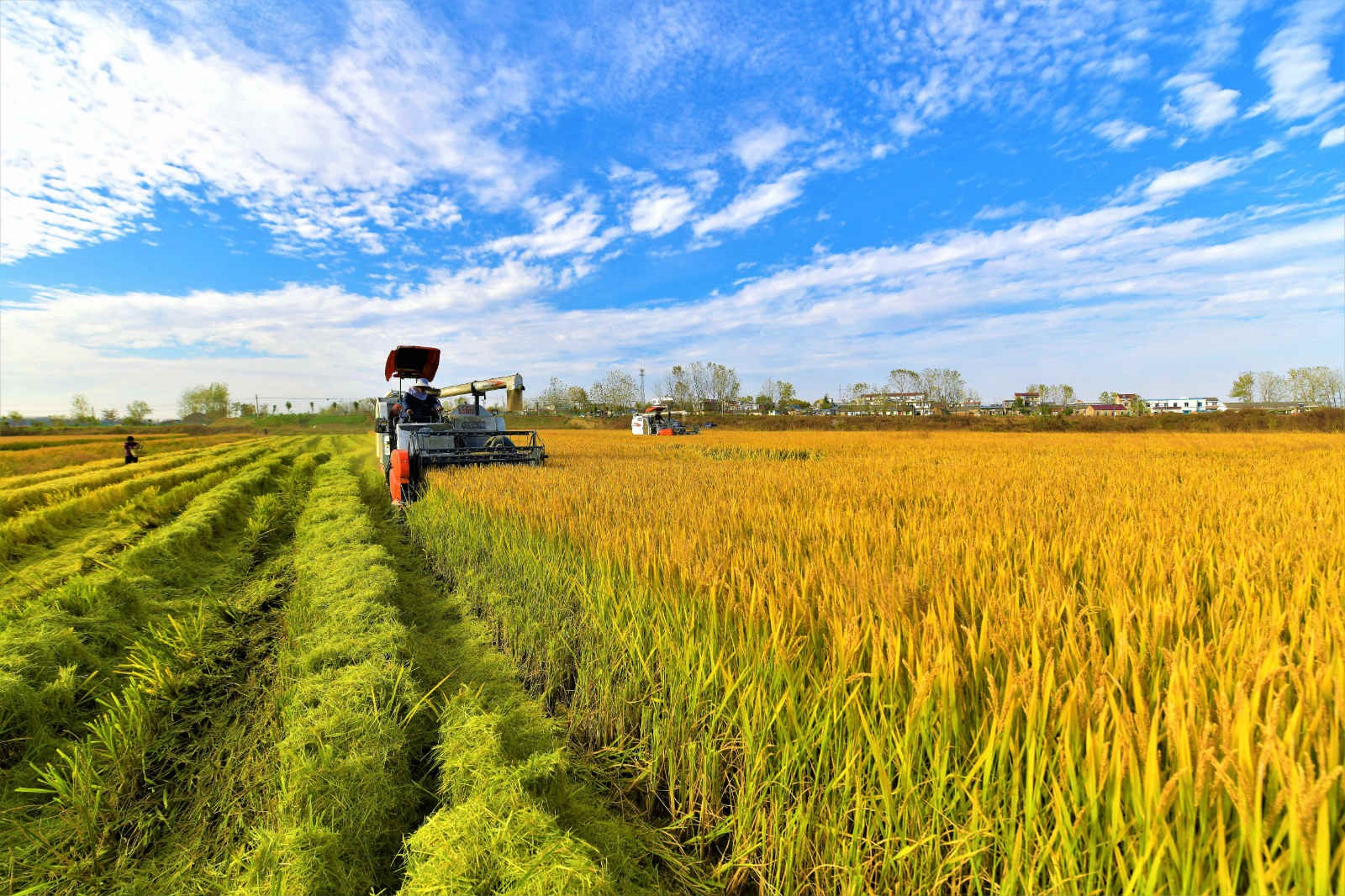Rural land reform for new breakthroughs
China Daily | Updated: 2021-01-12 07:26

The Ministry of Agriculture and Rural Affairs has stated recently that a new round of rural reforms will be implemented in 2021 to deepen the reform of the rural property rights system, advance the reform of the rural homestead system, promote the reform of the shareholding cooperative system of rural collective assets for commercial use, develop a new type of collective economy, and promote the market-based transaction of rural collective construction land for commercial use.
The Central Rural Work Conference held earlier proposed deepening of rural reform, especially in key areas, stimulating the vitality of rural resources and factors, improving the agricultural support and protection system and respecting the creativity of grassroots people to push forward reform and make new breakthroughs.
China has for long had an agrarian civilization with prominent contradictions between the people and land. In the new era, China must deepen rural reform to address the relationship between farmers and land and activate the vitality of rural resources and elements. However, while doing so, the country should first protect the rights and interests of farmers and unswervingly uphold farmers' collective ownership of rural land and the household contract management system. It should extend contracts for such land for another 30 years on expiry, maintain long-term stability of the rural land contract relationship, and use the law to ensure that no organization or individual replaces the land status of farmers' families.
At the same time, the reform of China's rural land should be combined with its agricultural modernization to solve the problems of both agriculture and farmers. To protect cultivated land, the country should reform the rural land expropriation system and improve the land expropriation compensation mechanism, such as raising compensation and resettlement standards for land expropriation and improving the social security system for farmers whose land is expropriated. The authorities have made it clear that the country will steadily increase the proportion of land transfer revenue spent on agriculture and rural areas to more than 50 percent by the end of the 14th Five-Year Plan period (2021-25).
As a large number of people from rural areas settle down in cities and the rural hollowing-out becomes more obvious, ever-increasing idle homesteads and farmhouses have become the biggest hidden assets in rural areas. Therefore, the country should relax the restrictions on marketized land use and enlarge the management autonomy of rural collective economic organization.
China's rural land reform should be market-oriented, promote the market-oriented allocation of land resources, and steadily and prudently advance the homestead system reform so that reforms take place in a stable and orderly way.
























